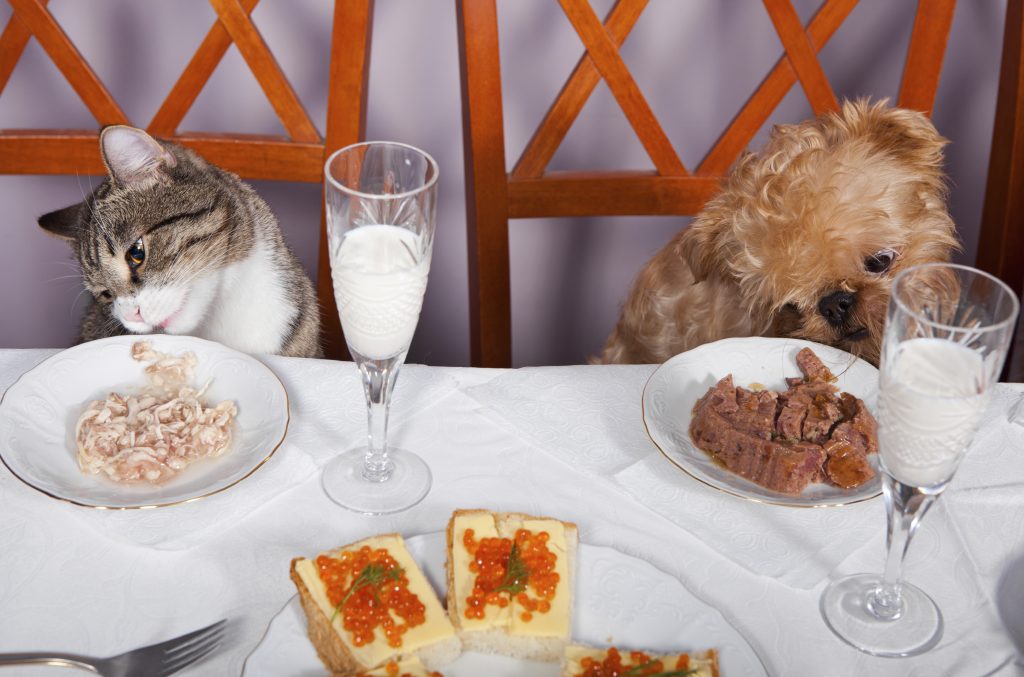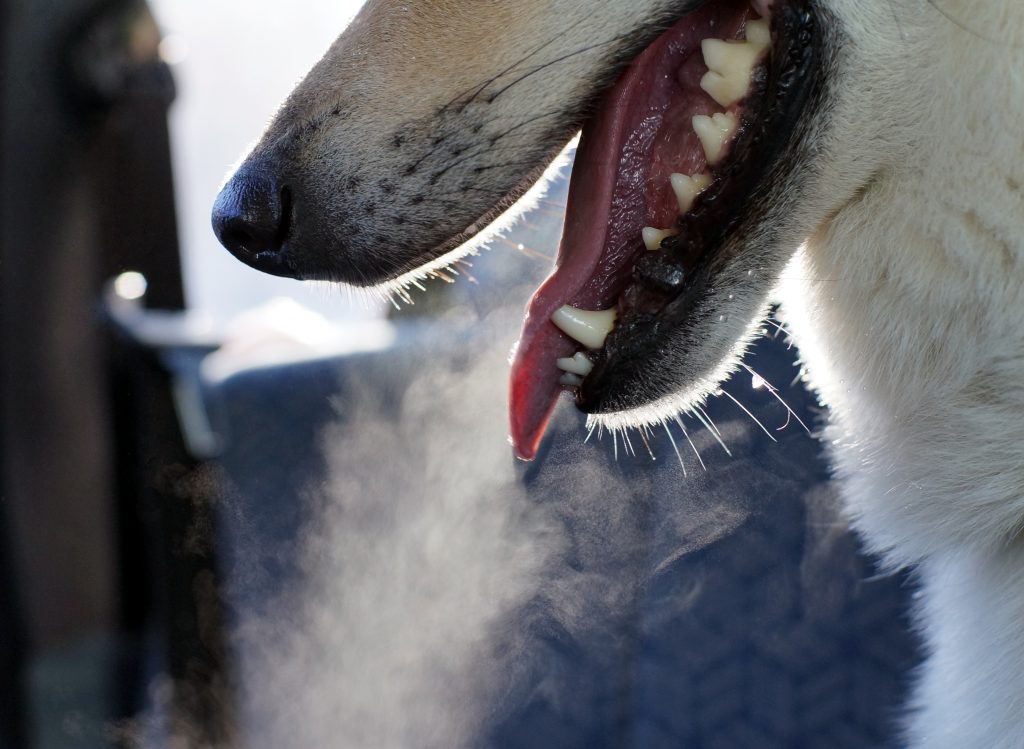Avoiding Pancreatitis in Pets

Pancreatitis in pets is a serious condition that can result from ingesting even small amounts of very rich or fatty foods. Learning how to spot the symptoms of pancreatitis and better yet, how to prevent it, is important for every pet owner to know.
What Is Pancreatitis in Pets?
The pancreas is an organ adjacent to the stomach and small intestine. A healthy pancreas secretes enzymes that aid in digestion. It also regulates blood sugar through the production of insulin. Pancreatitis occurs when the pancreas becomes irritated and inflamed and can no longer perform its normal functions.
Symptoms of pancreatitis in pets can range from mild to severe, and can be life-threatening if not properly treated. If your pet is experiencing any of the following symptoms, seek veterinary care immediately:
- Repeated vomiting
- Abdominal pain (may be indicated by a hunched back)
- Loss of appetite
- Diarrhea
- Fever
- Weakness/lethargy
- Difficulty breathing
Besides making your pet very ill, inflammation can create scarring of the pancreas, leading to a decreased production of insulin and the onset of diabetes. Severe cases of pancreatitis can be fatal without proper medical treatment.
Diagnosis and Treatment
If pancreatitis is suspected, your veterinarian may order specific diagnostic tests to confirm. Blood tests will look for elevated levels of pancreatic enzymes. Radiographs or ultrasounds to look for physical abnormalities of the pancreas.
Treatment for pancreatitis is generally supportive in nature, and may include:
- IV fluid support
- Pain management
- Helping the pancreas heal by modifying food intake for a period of time
- Antibiotics
- A Prescription diet
About Those Fats…
Experts aren’t always sure what causes pancreatitis in pets, but we do know that pets that are overweight, older, or on certain medications may be more prone to the condition. Certain breeds, such as schnauzers, are also more likely to develop the condition.
Often times pancreatitis is triggered by fatty foods, even in small amounts. This includes turkey, ham and other meat dishes, as well as baked goods and desserts. Although we humans associate the holiday season with these foods, it’s important that we don’t share any aspect of our food celebrations with our pets. Keep table scraps strictly off-limits for pets and make sure guests do the same. Avoid leaving cookies and other treats, as well as left overs out in the open where a pet can reach them.
Watch that Garbage
Think twice before setting down that plate of cookies to answer the door, or leaving the turkey carcass on the table after dinner to clean up later. Most pets won’t hesitate to gorge themselves on food that has been left out or dig in the trash can for tempting meal remnants. Prevent this disaster by putting leftovers away immediately, keeping trash bins covered, and removing trash bags from your home as often as possible.
If you have any questions or concerns about pancreatitis in pets, please don’t hesitate to contact your team at Lone Tree Veterinary Medical Center.



